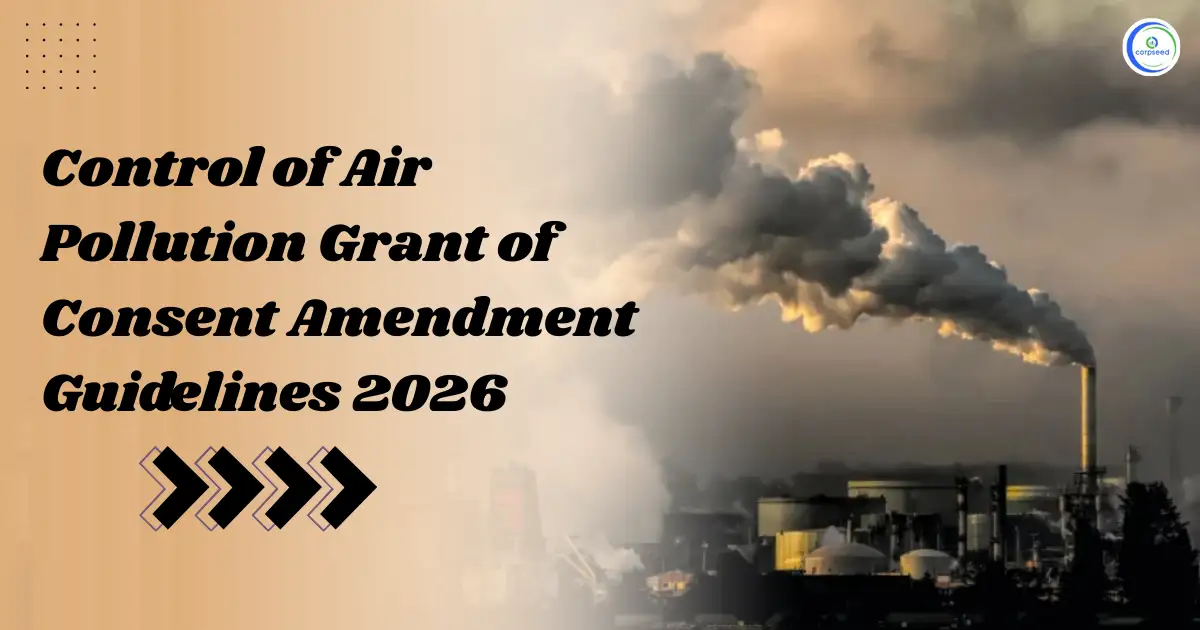Introduction: Indian Railway
Railways is the most fascinating thing. Every child loves the idea of traveling in train, and this feeling doesn’t expire with age. Even for environmentalist railways is best alternative for road and air transport as it is highly energy efficient and it can be completely shifted to renewable energy. It is considered to play a significant role in reducing emissions from the transport sector. It is the last straw to reduce emissions from the transport sector. In furtherance of this potential, which is well recognised by the Indian railways, Indian railways has set a climate target in the country to achieve net zero carbon emission by the year 2030. It is considered to be the most ambitious target set in the country. Indian Railways is a big sector, the fourth largest system globally and if Indian Railways achieves the set target, that would be really exhilarating and no need to mention that it would be really beneficial for the environment.
I believe everyone love travelling in train. I personally do. The idea of trains fascinates me. Moreover, there are these memories made on the long journey that are simply just unforgettable. But when on board, some things disgust the gut out of me. That is, the noise, the stink of toilet, and definitely the waste around the stations and the tracks. Long-time overdue restoration of the railways is happening now, be it for the reason of modernising, privatising or the environmental issues which cannot be ignored now but it is happening after all.
Indian railways is a much bigger sector, 8 billion passengers and over a billion tonnes of freight in a year are carried using Indian Railways. Indian Railways is the fourth largest railway system globally. These numbers would increase over time, expectedly 50% in the next decade. It is among the largest consumers of water and energy and also the waste generators. So, the environmental footprint would also increase significantly. Indian railways have made mind-blowing progress in the field of energy efficiency, cleanliness and renewable energy. But unfortunately, it isn’t enough. Despite the progress Indian railways has made over the years, there are still serious concern relating to waste management, water and noise pollution.
For a long, railways have been ignoring the country’s key environmental laws of the Water, the Air and Hazardous Waste Act like smokers ignore the warning on the package. Maybe Indian railways was in the thought that these laws do not apply to its operation and they are allowed to work without having any concern for a permit from PCB (Pollution Control Board) or its regulations. But the Indian judiciary would not let that happen and in furtherance of that, National Recent Tribunal did reject this stand and directed the Indian Railways to strictly abide by these laws. Even this did not matter railways and many stations were found to be operating without any consent from the pollution control board. This is a matter of law, and no matter how much important and significant work railways has been doing, and despite the role of railways in transport, doesn’t give them the right to ignore the laws and produce waste and pollution without any permit and concerns.
This is the same situation with the goods sheds or railway sidings, which is a major source of air pollution. These siding, in majority are run by private companies but still work without consent and ignore the guidelines. Air pollution management at these establishments are poor, not any survey or personal experience, but the Comptroller and Auditor General’s reports and the CPCB (Central Pollution Control Board) says so.
Read Our Blog: CPCB Flags Railway Stations on Green Parameters
CPCB has identified poor handling of wastewater as a serious concern. It certainly is in general, but CPCB has also identified the same coming through Indian railways. Problems exists with the treatment of waste water. Most stations does not have ETPs (Effluent Treatment Plants) installed which causes effluents generated from cleaning trains and stations to be discharged into municipal drainages or any low lying areas. The same problem exists with STPs (Sewage Treatment Plants).
Toilets in trains and on stations generate around 6,000 tonnes of faecal matter in a single day. This number is equivalent to the number generated in a large metro city. But what happens to all the waste. Although 95% of trains have now installed bio-toilets which are considered as ‘no better than septic tanks’ and the discharged water is considered as no better than raw sewage. The problem is that the sewage is discharged untreated because of the absence of Sewage Treatment Plants. Our country is developing at such a faster rate and even the hotels with more than 20 rooms have strict orders to install STPs but god forbid railways can’t do that. So say the least, the failure of railways to install STPs and ETPs is just discriminatory and absurd.
Another great reason of worry that Indian railways is causing is Noise pollution. It may sound ridiculous to some people but noise pollution is a problematic issue. Railways consider noise as a useful thing. According to them, more noise is helpful in the prevention of accidents. Railways issue strict instructions to honk at all the turns, gates, and also at the time of exit and entry to a station. Train drivers are also instructed to honk to make sure that they aren’t sleeping and are alert during the time of night. Accidents have been increasing at a faster rate than ever in the railways. Unfenced railways and encroachments are the real reasons for the increasing number of accidents, but this current strategy is counterproductive as there are enormous health implications.
Noise pollution is much more of a problematic issue as high noise levels lead to certain diseases and issues with human health including aggression, hypertension, poor learning and cardiovascular diseases. It certainly is an issue with the millions of people having their homes and living near railway tracks or stations. The current position can be termed as an untenable proposition. And railways must find a solution to the current problem, and sooner. There have to be road that must be taken as early as possible which would balance the imperatives of noise control and prevention of accidents.
As far as waste management goes, India Railway are concerned about this problem and has made much progress in that field. ‘Swachh Bharat Abhiyan’ is one example of efforts towards the goal of waste management and cleanliness. This has led to improved cleanliness and some of the stations are now starting to match the global standards, there is no doubt about that but the problem of solid waste remains constant.
The approach of Indian Railways is absurd towards dealings with solid waste and is not appreciated at all, in fact it is considered that Indian Railways have an out-of-sight and out-of-mind approach. Solid waste is a bigger problem and Indian railways must change its approach towards this problem or else it would create much bigger problems for them in the near future. Waste are generally collected in a segregated form and are dumped or burnt near the track or disposed of along with the municipal wastes. Moreover, Indian Railways' approach is highly criticized because of their actions of not banning single-use plastic and polythene bags until now. Indian railways have been doing a lot of work on the energy crisis as it makes good economic sense also but is inadequate in tackling the problem of pollution or waste.
The fundamental problem seems to be a sense of exceptionalism. For long, Indian Railways have been operating independently of the civil administration. Railways doesn’t bother complying with the laws applicable to other service industry. For e.g. the Airline industry. It is high time to correct these anomalies. It must be made mandatory and strict vigilance on the Indian Railways that they work according to the environmental laws and help and work along with the civil authorities to tackle this problem of waste management and pollution. To tackle this issue, it is absolutely necessary that they match sound environmental management to the footprints of their low energy use.
This portion of the site is for informational purposes only. The content is not legal advice. The statements and opinions are the expression of author, not corpseed, and have not been evaluated by corpseed for accuracy, completeness, or changes in the law.
BOOK A FREE CONSULTATION
Get help from an experienced legal adviser. Schedule your consultation at a time that works for you and it's absolutely FREE.









.webp)